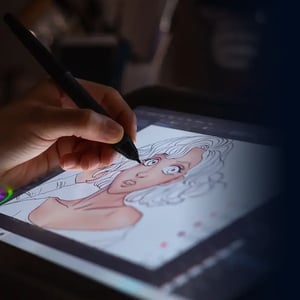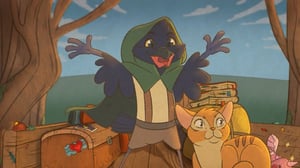
2D Animation Program
DIPLOMA | BACHELOR OF DIGITAL ART
Master the timeless art of 2D animation for film and games
Accredited degree in 2D animation with training from industry pros
Establish how to breathe life and personality into 2D-drawn characters, props, and environments. Build advanced skills in specialized software, Toon Boom Harmony, and gain a firm grasp of production pipelines and creative workflows. This degree will help you develop in-depth industry-specific skills to prepare you for a thriving creative career.
Why study 2D animation with us:
- Gain the creative, technical, interpersonal, and conceptual skills and knowledge needed to succeed in the industry
- Study with more flexibility (100% online)
- Create industry-level work that recruiters will notice
- Graduate in less time than a typical degree - 2 years instead of 3
- Join a global community of 4000+ students, grads, and industry artists
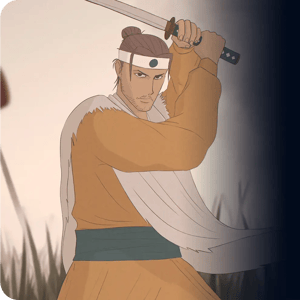
Master Your Skills. Master Your Future.
Our mission is to ensure graduates are the best trained and best prepared for a successful career in their chosen field.
Everything You Need To Know
Our film and game degrees and diplomas seamlessly blend academic excellence with practical industry methodologies to help students pave a steadfast pathway to a successful creative career.
 Qualification
Diploma (AQF 5)
Qualification
Diploma (AQF 5)Bachelor's Degree (AQF 7)
 No. of Trimesters
Diploma - 2 trimesters
No. of Trimesters
Diploma - 2 trimesters Bachelor - 6 trimesters
 Program Length
Program Length
Diploma - 7 months
Bachelor's Degree - 2 years
Part-time study available
 Delivery Mode
Online live classes
Delivery Mode
Online live classesCustom video lectures
Personalised mentor feedback
 Course Fees
Diploma - $16, 664 USD
Course Fees
Diploma - $16, 664 USDBachelor - $49, 992 USD
Payment options available
Course Structure
Develop industry foundations with our 6-month Diploma, or continue into the full Bachelor's Degree to build more comprehensive skills.

The Bachelor of Digital Art majoring in 2D animation will teach you advanced digital and cut-out 2D animation techniques along with essential interpersonal skills and both practical and conceptual industry knowledge.
- Explore the 12 Principles of Animation in Toon Boom Harmony and learn principles of biology, physiology, and anatomy as you bring humans and quadrupeds to life in 2D.
- Add appeal and stylization to your animated scenes by exploring 2D effects and camera techniques.
- Discover industry-standard practices, procedures, and workflows.
- Build valuable interpersonal skills such as communication, problem-solving, and leadership.
- Dedicated time to building your professional showreel and getting job-ready.
The below course outline reflects a full-time course load, which comprises three subjects per trimester and three trimesters per year over a two-year duration. Part-time study options are also available.
Develop industry foundations with our 6 month Diploma, or continue into the full Bachelor's Degree to build more comprehensive skills.
Trimester 01
- Fundamentals of 2D Animation
- Film and Games Principles, Concepts and Innovations: Learning from History
- Industry Overview: Pipeline and Production Processes
Trimester 02
- Acting & Creature Animation
- Art and Design Concepts and Principles
- Communicate! Mode, Purpose and Context
Diploma Exit Point
Students can choose to exit the bachelor's degree after trimester 02 with a diploma or continue their studies through to trimester 06 and earn their bachelor's degree.
Trimester 03
- Advanced Acting for 2D Animation
- Concepts and Principles of Story and Visual Narrative
- Identifying and Solving Problems
Trimester 04
- Cutout Animation
- Concepts and Principles of Lighting and Cinematography
- Managing Projects and Creative Assets
Trimester 05
- Advanced Cutout Animation
- Leading with Integrity
- Establishing and Sustaining Your Business
Trimester 06
- 2D Animation Capstone Portfolio
- Stepping Into Industry: Becoming a Proactive Practitioner
- Marketing Yourself and Your Work
Bachelor Degree Point
Download the Course Guide
Your creative journey begins here! Download our comprehensive course guide and discover the exciting educational opportunities that await you.The 2D Animation Major is designed to provide students with the skills and knowledge needed to become proficient in the field of 2D animation. It is tailored for those aspiring to work in animation studios or as freelance animators. The curriculum covers a range of topics including character acting, animation principles, storyboarding, and portfolio development to prepare for a career in the competitive animation industry.
Key learning outcomes include:
- Core Animation Principles: Master timing, spacing, weight, and anticipation in both traditional and digital animation.
- Action Animation & Character Acting: Animate character actions, focusing on squash and stretch, follow-through, and secondary motion.
- Production Pipelines: Understanding how assets move through stages from concept to final output.
- Specialization: Focus on mastering character animation, design, and storytelling in 2D animation.
- Portfolio Development: Creating a professional portfolio with feedback from industry mentors, including guidance on demo reels.
The program also includes career preparation through mentorship, networking opportunities, and job readiness workshops.

Bachelor Degree Tuition
Avg. Cost per Trimester
$8,332 USD
Duration
6 Trimesters Full-time (2 Year Fast Track or Part-time Options Available)
Total Program Cost
Diploma Tuition
Avg. Cost per Trimester
$8,332 USD
Duration
2 Trimesters Full-time (Part-time Options Available)
Total Program Cost
Don't Put Your Future On Hold
With CG Spectrum’s expert training, you can develop the skills and connections you need to thrive in the competitive film and game industries.Learn Directly From Film & Game Mentors
To be the best, it helps to learn from the best. All 2d animation classes are taught by professional 2d animators with years of experience.
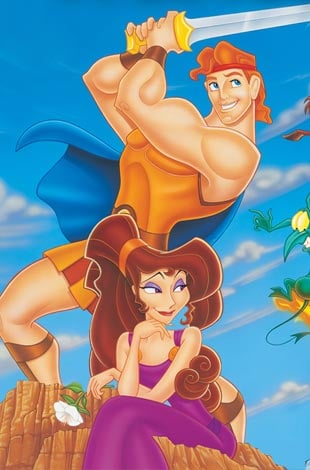

Scott Claus
While at Disney and DreamWorks Scott animated classics like Pocahontas, Hunchback of Notre Dame and Road to El Dorado. He later won an Oscar for best special effects for Life of Pi.
Known for Hercules
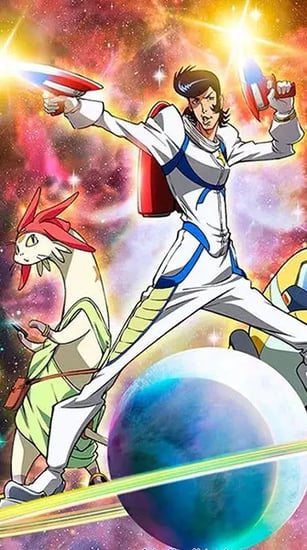

Ben Li
Known for Space Dandy


Alfredo Cassano
Alfredo is a 2D animator and storyboard artist who has worked on feature films like Klaus (Lead Animator on Jesper), Song of the Sea, The Secret of Kells, and several TV shows.
Known for Klaus
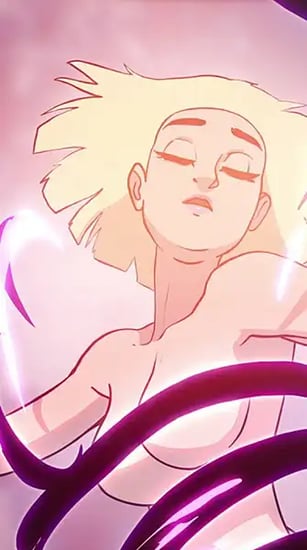

Sykosan
Sykosan is a 2D animation filmmaker with expertise covering all stages of the animation process and a unique style of modern western and Japanese influences.
Known for Katy Perry's Cry About it Later
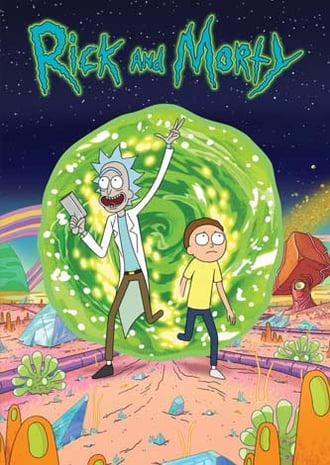

Hubert Lapointe
Montréal-based Hubert Lapointe has worked as an animator and animation supervisor on hit shows like Rick & Morty and The Ollie and Moon Show, and as a software instructor for ToonBoom.
Known for Rick and Morty
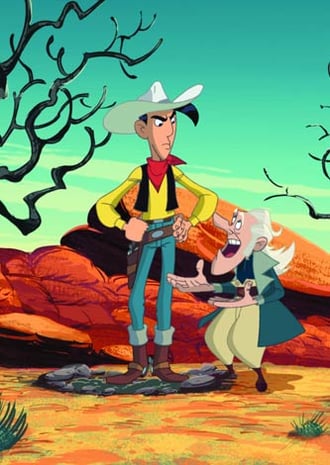

Marcel Laurin
Marcel has animated for film, TV and video games since 2003 at studios across Canada and France including Bardel and Gameloft. He was also a Toon Boom instructor at studios and schools around the ...
Known for Go West: A Lucky Luke Adventure
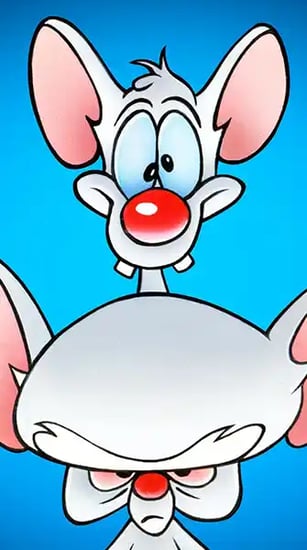

Scott Sackett
Scott has been an animator and storyboard artist working on both feature and TV animation. Currently, he is working as a Supervising Director at Exceptional Minds Studios.
Known for Pinky and The Brain
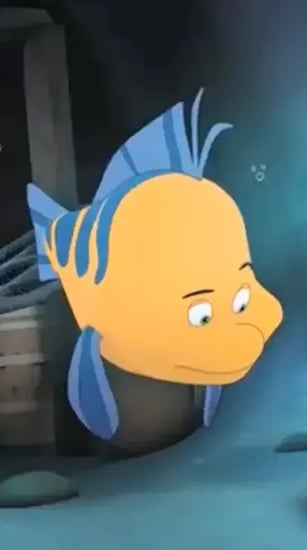

Jim Richardson
Jim has worked in various animation roles on commercials, film, TV, and games, as well as teaching 2D Animation. He teaches animation online while working at CG Spectrum.
Known for Disney Junior
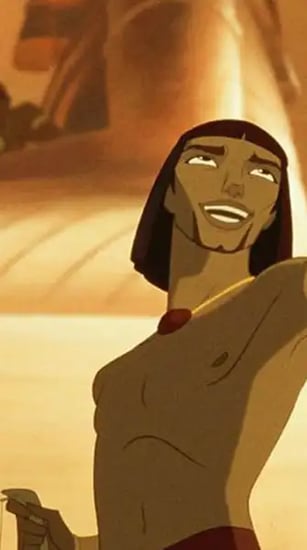

Todd Jacobsen
Todd is a thirty year veteran of the Hollywood 2D animation industry with extensive experience on features, TV, commercials, and theme park installations.
Known for Prince of Egypt
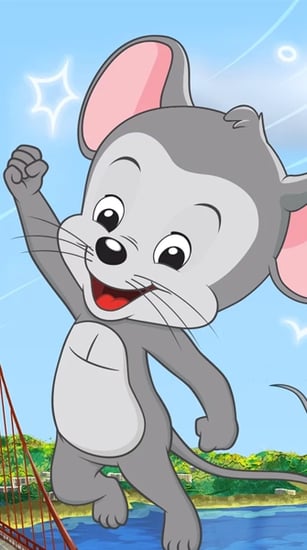

Richter Lewis
Known for ABC Mouse
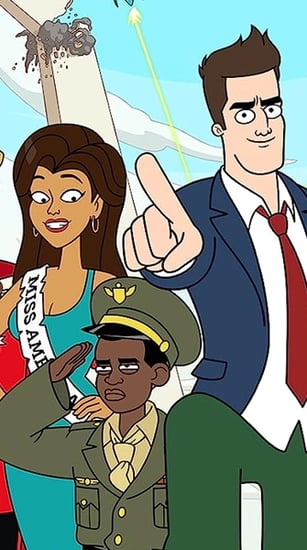

Anna Pagliara
Known for Mulligan
Get The Education Your Deserve
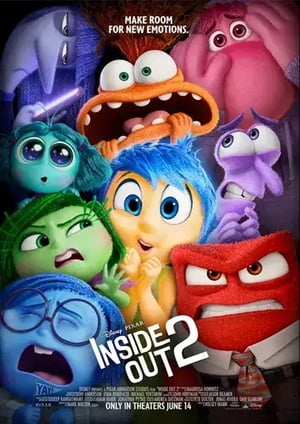
"CG Spectrum seemed too good to be true. Looking back, it was the best decision.
Every mentor and staff member has been so hands-on and directly involved in my learning. Co-Directors of top box office movies and supervisors of major Netflix TV shows are giving me feedback on my projects. Students also have access to a strong community, and an awesome career class to prepare you for your dream job."

Stephanie S | 3D Modeling
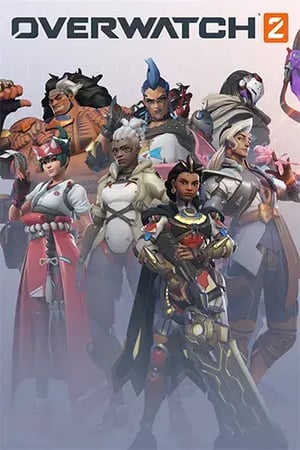
"Having a mentor definitely helped! It was awesome to have someone I could reach out to when I was stuck.
Getting the weekly feedback also helped in terms of what to improve and what to focus on next. In Term 3, we learned Unreal Engine; I implemented the knowledge I gained in that course to my Advanced 3D Modeling Course to create some additional renders that demonstrated my understanding of using and integrating game-ready assets into an actual game engine.

Benjamin O | 3D Modeling
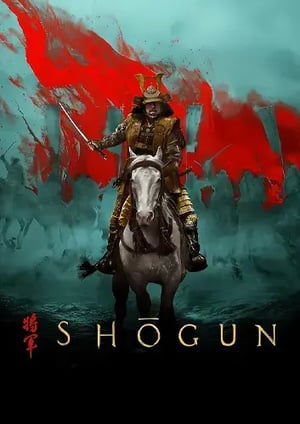
"Hands down the best decision I've made for my career.
The learning material and staff were great, and having an industry mentor was an invaluable asset that really helped me get my break in the VFX industry."

Alan R | VFX Compositing
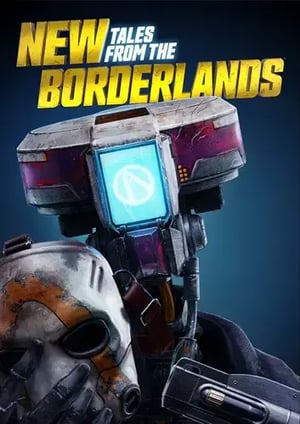
"My experience at CG Spectrum was second to none, and taught me so much more than I initially anticipated.
My mentor took me from being barely computer literate to an animator working at a studio in only a year and a half. The information and level of teaching at CG Spectrum will absolutely not be found anywhere else."

Kieran | Animation
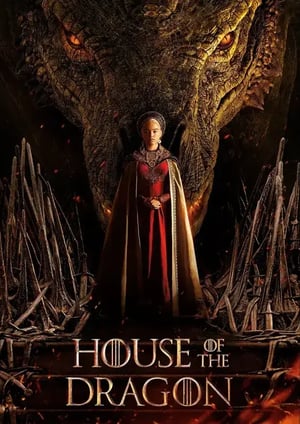
"The CG Spectrum training solidified my skills using Unreal Engine.
Having used it briefly before, and feeling overwhelmed by how big the range is of what you can do using the engine, the training taught me the areas I would need for virtual production very well. I now feel confident with the skills I have gained."

Simran M | Real-Time 3D & Virtual Production
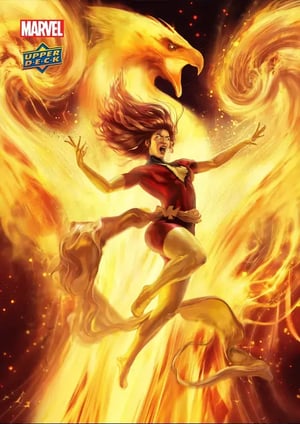
"I have never experienced such an explosive evolution in my art since attending CG Spectrum.
I have learnt an incredible amount, not only from my amazing mentor Eric Wilkerson but from the entire CGS community. Being part of such an amazing program has opened my eyes to techniques that have streamlined my process and increased my confidence tenfold."

Oliver H | Concept Art & Illustration

"CG Spectrum is the perfect place to gain focus, understanding, an encouragement for your journey.
If you are looking for a supportive place to gain or hone skills in game design or other verticals, CGS is a fantastic and worthy place to dive in."

Shaul H | Game Design
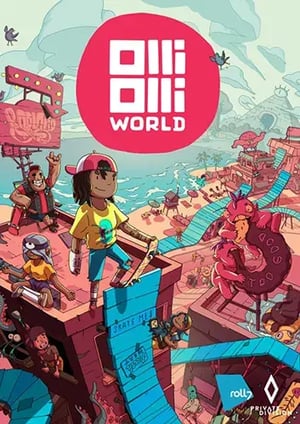
"I highly recommend signing up with CG Spectrum!
I was looking for a final push to bump my skills and finally start applying for jobs as an artist. Shortly after finishing my Advanced 3D Modeling Course I landed my first job as Junior Environment Artist, which was my dream!"

Kasia P | 3D Modeling
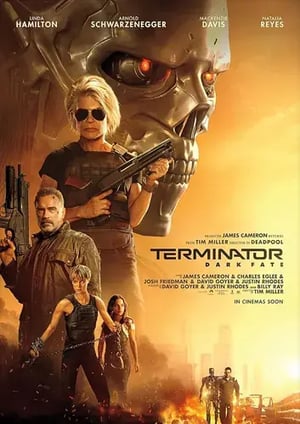
"I got a job offer at a major feature film studio before even graduating!
Studying at CG Spectrum gave me the opportunity to network with industry artists while I was learning, and coupled with the amazing course, I was able to secure a position in the industry. Now I'm working on amazing projects in my dream job!"

Andi E | 3D Modeling
Join Our Alumni at World Class Studios
Our mission is to train highly skilled graduates ensuring they are prepared for a successful career. Take the first step towards joining our alumni at world-class studios creating work that inspires.












Questions? We Have Answers
Details for both domestic and international applicants can be found on our Entry Requirements page.
Portfolio Submission
For this course, basic drawing competency is required, as this is not a drawing course. Students must submit a portfolio demonstrating their skill level before their application will be considered.
CG Spectrum Institute is registered with the Tertiary Education Quality and Standards Agency (TEQSA).
All CGSI degrees and diplomas are accredited, providing students with credible and recognized qualifications.
About TEQSA:
TEQSA stands for the Tertiary Education Quality and Standards Agency. It is an independent regulatory body in Australia responsible for assuring the quality and standards of higher education institutions.
TEQSA-accredited qualifications are widely recognized, allowing students to pursue further studies or employment opportunities around the world.
Your studies will require you to download and get acquainted with a variety of software.
Core Subjects:
2D Animation Major:
- ToonBoom Harmony
We recommend a minimum of 32GB RAM. See below for more info on hardware specifications.
Core Subjects:
2D Animation Major:
- ToonBoom Harmony
Please note: As the software we use is regularly updated, please check the specs against the latest available version at the time of enrollment.
CG Spectrum Institute ensures that individuals can access high-quality education and professional development without significant financial barriers, empowering them to achieve their goals and excel in their chosen fields.
Australian Students:
All higher education AQF Award Courses offered at CGSI are supported by the Australian Government’s FEE-HELP program.
Domestic students who meet specific eligibility criteria can access FEE-HELP, which allows them to borrow money for all or part of their tuition fees and repay the loan through the tax system once their income reaches a certain threshold.
For more information, please head to the Financial Aid on our website.
International students:
There is a range of financing options suited to your situation and country. Please contact our friendly admissions team for more information on how we can support your learning journey.
On completion of the Bachelor of Digital Art (2D Animation Major), you will have greater confidence in your abilities and a portfolio to show employers.
You will also have personalized career services with our Career Development Manager, which can help when applying for junior concept art jobs such as:
Discover more about these jobs, tips, and salary expectations on our careers page:
While our past CGS students have a high job success rate, we cannot offer guaranteed employment as the film and game industry is competitive, and there is no way of knowing what the market will demand.
The students who experience the greatest success are those who take responsibility for their career, put in the hard work to get their skills and portfolio up to industry standard, leverage their mentor's invaluable expertise and the networking opportunities provided through the CG Spectrum community, and take advantage of every opportunity to excel.
To help students find employment, we have a range of career services and a dedicated Career Development Manager who regularly hosts exclusive career-focused webinars, Q&As, artist interviews, and workshops for students and alumns and is available to answer career-related questions.
Degree students receive additional 1-on-1 career support, CV/portfolio reviews, and help with application/interview preparation.
If you have any questions about our career services as they relate to your personal career goals, please don't hesitate to get in touch.
Ready to take the next step toward your future? Head to our application page to get started. Whether you're looking to learn something new, build on your existing skillset, or nurture your creative side, begin your application today to start your creative journey with us!
Looking For Something Else?
Check out our full range of courses with study options for all skill levels, from short introductory courses, specialized industry tracks and accredited degrees and diplomas
